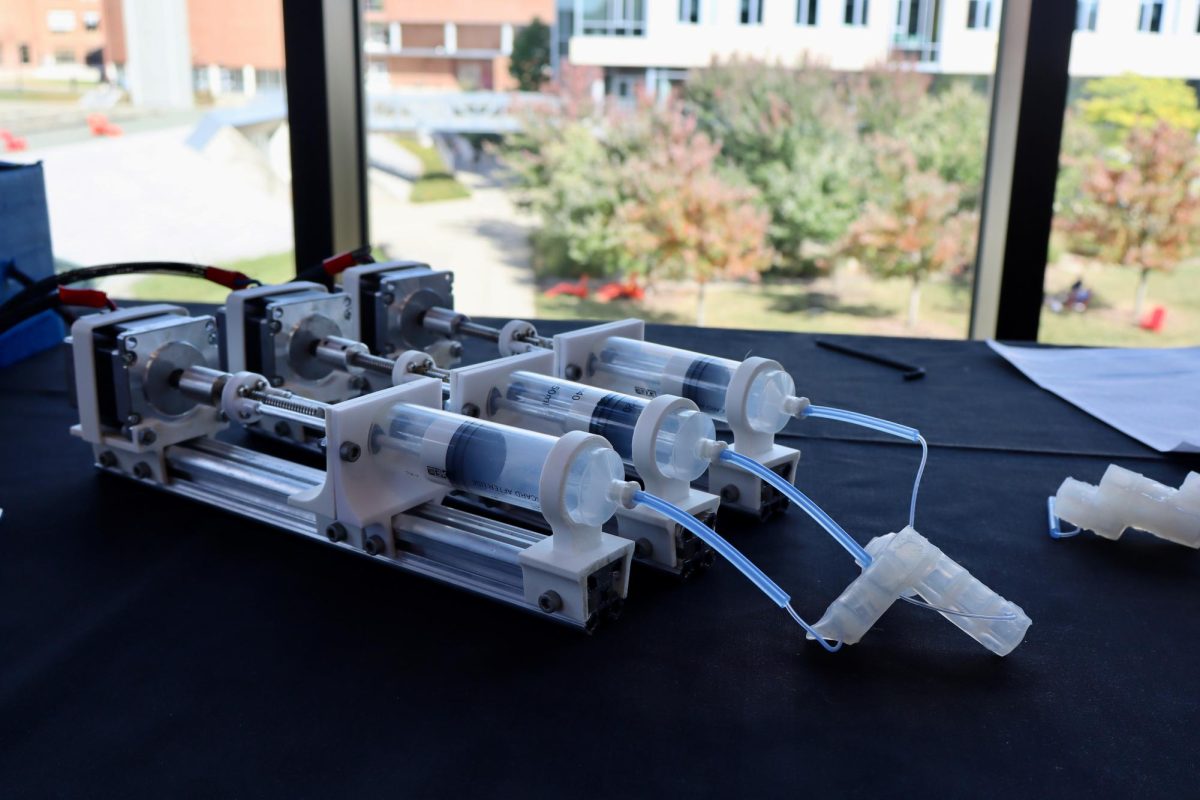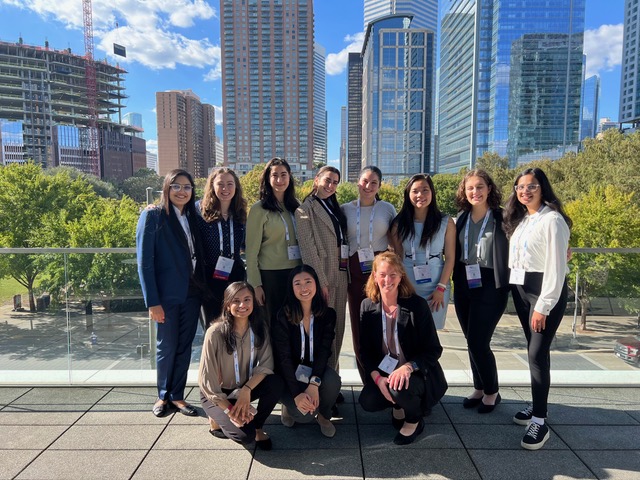
Dr. Richard Palmer, professor and head of the University of Massachusetts’ Department of Civil and Environmental Engineering, spoke Tuesday afternoon about the incorporation of climate science into the planning and managing of cities and natural resources as part of the University’s Distinguished Faculty Lecture Series.
The talk, which took place in the Massachusetts Room of the Mullins Center, focused on sustainability and collaboration between different groups of people to solve the “wicked problems” that face our environment. Palmer explained that these are problems that “resist resolution,” and are difficult to solve because of changing requirements.
Palmer is nationally recognized, and a prominent figure in the American Society of Civil Engineers. He has won several awards, including the society’s Julian Hinds Award. At the end of Tuesday’s lecture, he was awarded the Chancellor’s Medal, the highest recognition given for service to the UMass campus.
During the lecture, Palmer used the question of, “How reliable is the drinking water of the nation’s capital?” as an example of some of the problems we face. Although this might sound like an easy question, Palmer explained that there are multiple factors at play, such as the number of dams, droughts and the possibility of the capital’s population changing. When making a forecast with all of these factors, he noted that most of the predictions were a lot higher than the actual outcome.
Palmer also laid out some facts regarding climate change. He said the surface temperature is rising and ice sheets and glaciers are losing mass, causing the sea to rise continuously.
According to Palmer, the projected impacts of these changes are significant. Animal ranges and migration patterns are being altered and coastal areas face erosion and submersion. It’s predicted that by 2100, hundreds of millions of people will be affected.
Palmer noted the challenge of making decisions when there are so many uncertainties. While collecting and analyzing data from some of his projects, he said that he sometimes has come up with 112 different scenarios. Although this is a wide range, Palmer said the scenarios are more accurate within a smaller time frame. The further into the future the data predicts, the less consistent it is.
Palmer said it has started to become more effective to speculate on what the future may hold to decision makers and stakeholders, instead of just giving them solid facts. He also discussed several of these decision-making approaches.
In 2005, Palmer worked closely with stakeholders when developing plans for the Puget Sound Region. During this time, agencies and organizations voluntarily engaged in the discussion of many key issues that affected water sources of the area.
The goal was to develop the best available data, information and pragmatic tools on the topic of water supply. The Climate Change Committee was formed, and all of their information was shared with the state and surrounding counties. The goal was accomplished and the water supply demand was met.
Palmer left the audience with several takeaway points. He stressed the need to formulate paradigms that allow the incorporation of climate change and other uncertainties into decision-making when appropriate, the importance of research teams instead of individuals when forming solutions to problems and the developing trend of incorporating stakeholders into decision-making.
“The people with the weakest infrastructure are going to be the ones most affected (by climate change),” he said.
Katherine Gilligan can be reached at [email protected].


















